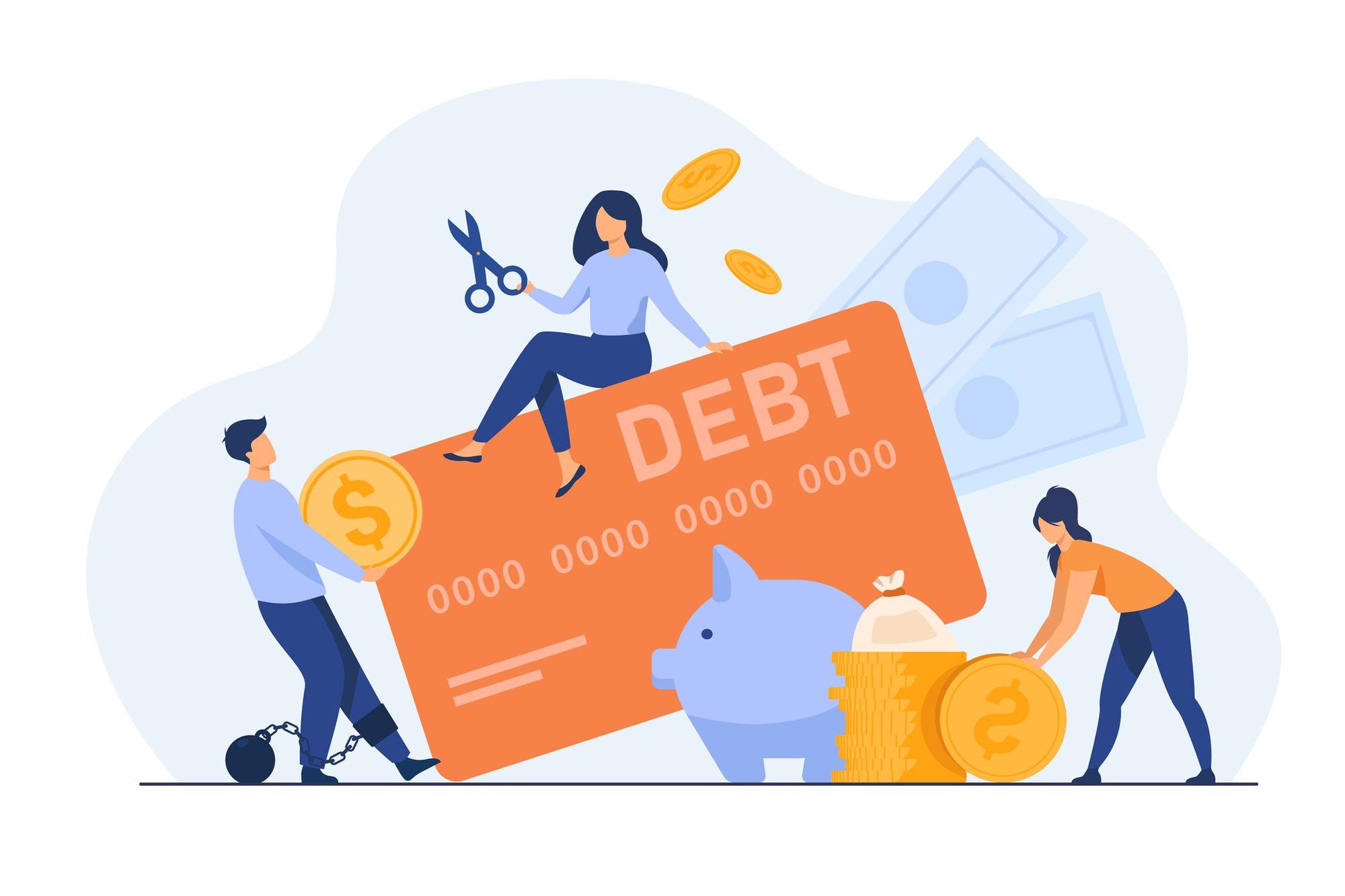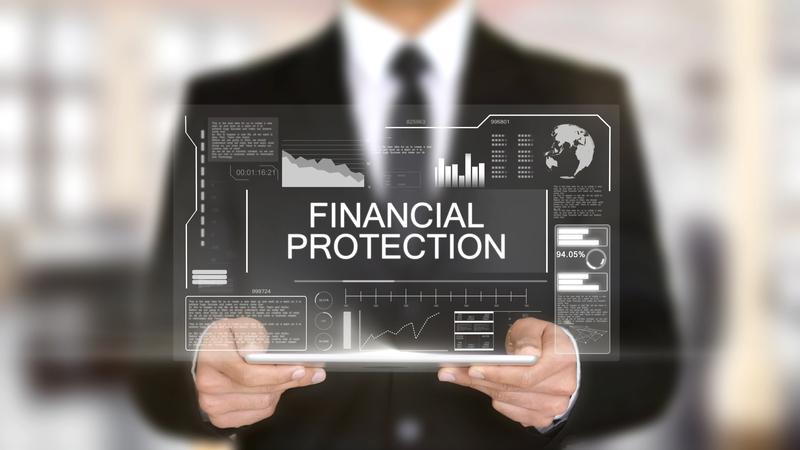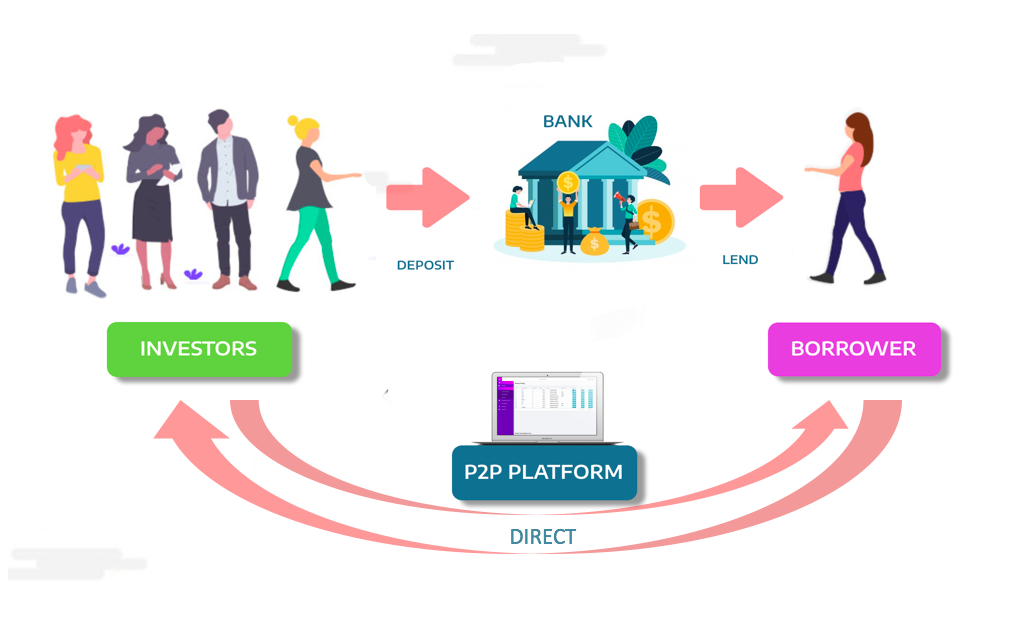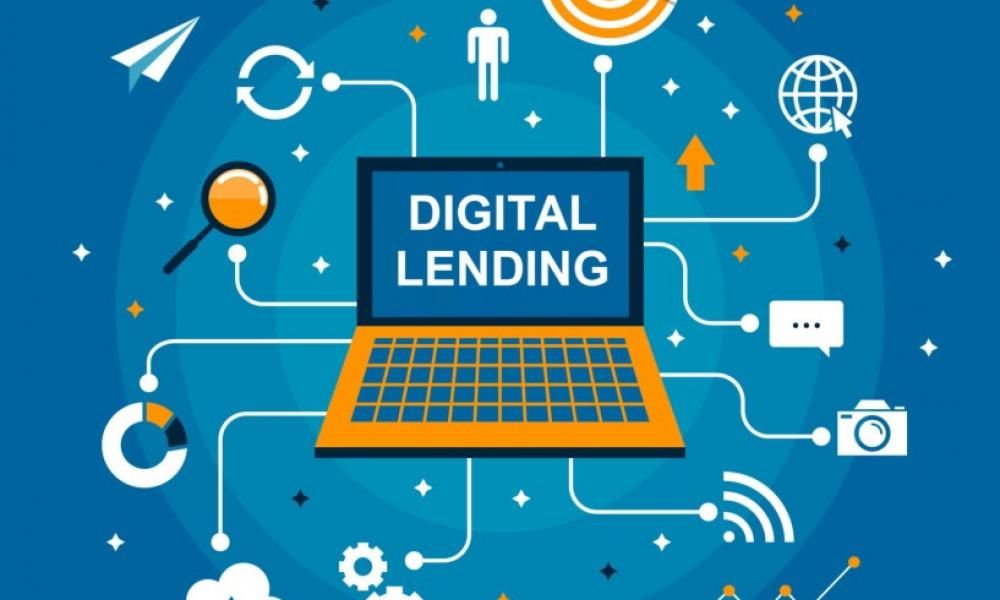Is It Better to Pay Off My Credit Card or Save?

When it comes to managing personal finances, one common dilemma many individuals face is whether they should focus on paying off their credit card debt or saving money. Both options have their own merits and drawbacks, but ultimately the decision depends on various factors such as interest rates, financial goals, and individual circumstances.
The Importance of Paying Off Credit Card Debt

Credit card debt can be a significant burden due to high interest rates charged by most credit card companies. If your outstanding balance remains unpaid over time, the accumulated interest can quickly escalate and make it challenging to get out of debt. Therefore, prioritizing the repayment of credit card debt is often considered a wise financial move.
By allocating more funds towards paying off your credit cards each month instead of saving them, you reduce the amount owed and minimize the potential for accruing additional interest charges. Eliminating credit card debt also improves your overall financial health by reducing monthly obligations and improving your credit score.
The Benefits of Saving Money
While paying off credit card debts should generally be a priority, saving money should not be overlooked entirely. Building up savings provides several advantages in terms of financial security and future planning.
1. Emergency Fund: Establishing a robust emergency fund is crucial for unexpected expenses such as medical bills or car repairs. Having readily available cash prevents reliance on high-interest loans or further accumulation of debt.
2. Financial Goals: Whether it's buying a house, starting a business, or going on vacation, having savings enables individuals to work towards achieving their long-term objectives without incurring excessive debts.
3. Investment Opportunities: Saving money allows individuals to take advantage of investment opportunities when they arise. Investments can provide substantial returns over time if approached wisely.
Balancing Priorities: An Individual Approach

Determining whether it's better to pay off your credit cards or save requires careful consideration based on your unique circumstances. Here's a step-by-step approach to help guide your decision-making process:
1. Assess Debt: Evaluate the amount of credit card debt, interest rates, and minimum monthly payments required.
2. Create a Budget: Develop a comprehensive budget to understand your income, expenses, and available funds for repayment or savings.
3. Consider Interest Rates: Compare the interest rate on your credit cards with potential returns from saving in order to gauge which option offers the most financial benefit.
4. Emergency Fund: Prioritize building up at least three to six months' worth of living expenses as a safety net against unexpected events before focusing solely on debt repayment.
5. Financial Goals: Decide on short-term and long-term financial goals such as buying a house or retiring early, and determine how much needs to be saved each month towards achieving these objectives.
6. Evaluate Risk Tolerance: Consider personal risk tolerance when deciding between paying off debts or saving more aggressively.
Conclusion
While it is generally advisable to prioritize paying off credit card debts due to their high interest rates and potential long-term consequences, saving money should not be disregarded entirely. Striking the right balance between paying off debts and building up savings requires careful consideration of individual circumstances, financial goals, and priorities.
By assessing factors such as interest rates, emergency fund requirements, and immediate financial needs versus future planning aspirations; individuals can make informed decisions regarding whether they should allocate more funds towards credit card repayment or focus on saving for their futures.
Ultimately, finding the right balance between these two crucial aspects of personal finance will contribute significantly to overall financial stability and well-being in both the short term and long term.
Also Read...





